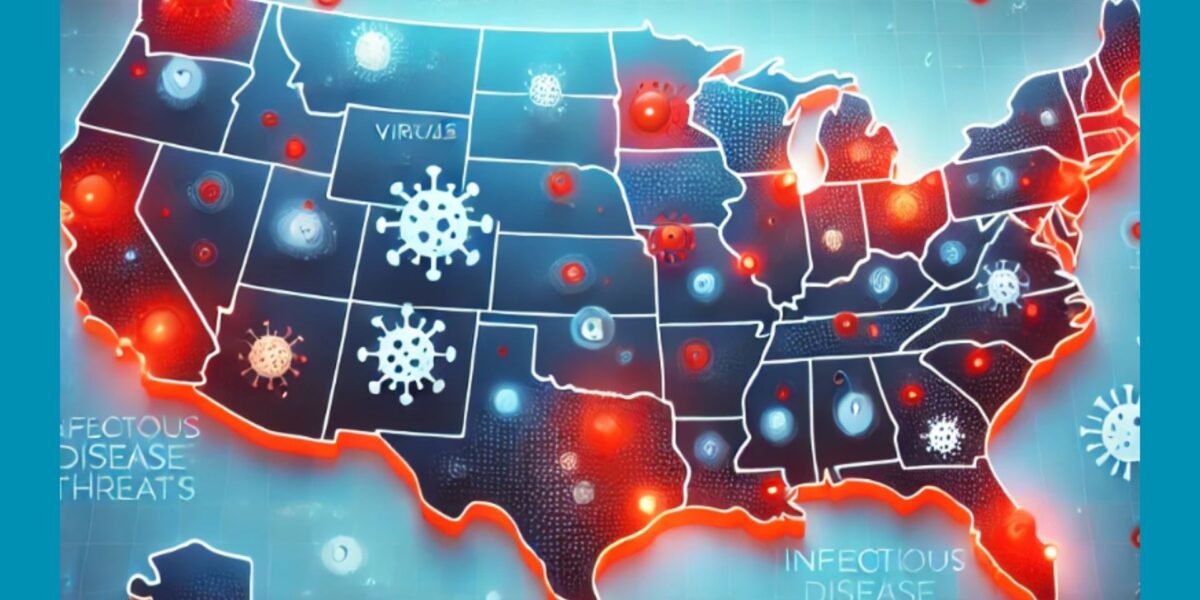The Advisory Committee on Immunization Practice (ACIP) regularly meets to review recommended immunization schedules to ensure that the schedules remain current for licensed vaccines. At the February 2013 ACIP meeting, several recommended updates were made to the immunization schedules for infants, children, and adults, including new recommendations for Tdap (tetanus, diphtheria, and acellular pertussis), pneumococcal, meningococcal, and influenza vaccines. Here’s a summary of the updated recommendations that may impact you as either a patient, provider, or both.
- Tdap vaccine recommendations have been expanded to include routine vaccination of adults age 65 years and older, regardless of their contact with infants and children. Additionally, the recommendations now include Tdap vaccination with each pregnancy regardless of the time interval between pregnancies. It is recommended that all pregnant women receive a Tdap vaccine during the third trimester, but it can be administered as early as the second trimester. Tdap vaccination during pregnancy is especially important, as infants are too young for the vaccine but are at the highest risk for severe illness or death.
-
ACIP also voted to recommend routine use of a single dose of the 13-valent pneumococcal conjugate (PCV13) vaccine for children 6 through 18 years old with immunocompromising conditions who have not already received the vaccine. The vaccine was previously recommended for high-risk children 6 weeks through 71 months old and adults 19 years and older with immunocompromising conditions.
-
The HibMenCY vaccine, licensed in June 2012, was previously recommended by ACIP only for use in infants at high risk for meningococcal disease, not for routine use in all infants. ACIP reinforced the recommendation and voted to include HibMenCY in the Vaccines for Children program as an alternative vaccine with strong emphasis that the vaccine is only recommended for high-risk children.
-
Additionally, ACIP continues to recommend that everyone age 6 months and older get vaccinated against the flu. Four influenza vaccines were approved for the 2013-14 influenza season and include: two quadrivalent, a cell culture, and a recombinant hemagglutinin vaccine.
-
Adult and adolescent HPV vaccination rates remain low across the US. ACIP urges healthcare professionals to regularly review patient vaccination records to ensure compliance with the updated schedules.
Keeping up with the ever-changing vaccine recommendations can be challenging. To help patients and providers, NFID has developed three age-specific websites with a wide variety of resources to help increase vaccination rates among children, adolescents, and adults. Take a look at these resources to learn more about which vaccines you may need:
www.adolescentvaccination.org provides resources and professional tools highlighting the importance of vaccination to protect US adolescents from vaccine-preventable diseases and supporting a comprehensive approach toward improving vaccination rates.
www.adultvaccination.org provides information on the impact of infectious diseases on adults and vaccines available to provide protection. Resources include disease-specific backgrounders and healthcare professional practice toolkits. Select materials are also available in Spanish.
www.preventchildhoodinfluenza.org provides pediatric-focused information and resources on seasonal influenza and vaccination for consumer, healthcare professionals, and the media.
To learn more about new vaccine developments and issues related to the use of vaccines, you may want to consider attending the upcoming NFID Clinical Vaccinology Course scheduled for March 8-10, 2013 in Chicago, IL.
Related Article:
Related Posts

News Round-Up: Infectious Disease Threats
According to NFID website poll, there are several worrisome infectious disease threats. Read recent news on topics of greatest concern, including avian influenza (bird flu), measles, and respiratory syncytial virus (RSV) …

Vaccines and Heart Health: A Vital Connection
Heart disease can increase the risk of serious or fatal complications from respiratory diseases including COVID-19, flu, and RSV

Harnessing the Power of Local Data
NFID dashboard aims to empower stakeholders with hyperlocal data to increase US adult respiratory vaccine uptake
